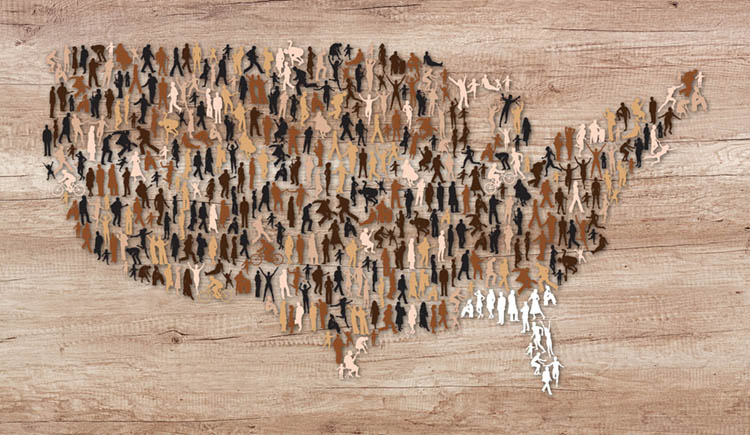New Yorker profiles 'St. Judy,' revered defense lawyer who, for first time, had a client get death

Judy Clarke. Photo from
Washington and Lee
University School of Law.
Judy Clarke helped keep high-profile murderers including child-killer Susan Smith, Unabomber Ted Kaczynski and Jared Loughner, who killed a federal judge in an Arizona shooting spree, off death row.
But despite her best efforts, Boston Marathon bomber Dzhokhar Tsarnaev, whose conviction was generally viewed as almost inevitable, was sentenced to death earlier this year. It was the first time Clarke has had a client whom she stayed with through the sentencing face get the death penalty, reports the New Yorker in a lengthy profile about the defense lawyer and her latest big case.
Known to some colleagues and friends as “St. Judy” for her devotion to her work, as well as her generosity and humility, the 63-year-old Clarke seldom speaks to the media but has seemingly endless time to devote to her clients. She has said that selecting a jury is the first step toward a capital conviction, so as she did with Tsarnaev, she routinely tries to plea-bargain for a life sentence. When that fails, she focuses on humanizing her client at trial.
Clarkeis “especially good at remaining open to the suffering of the victims, and thinking about how each move that she and her colleagues make will be perceived not just by jurors but by victims,” Reuben Camper Cahn tells the magazine. He is in charge of the federal defenders’ office in San Diego, which was run by Clarke herself decades ago.
“Judy is fascinated by what makes people tick—what drives people to commit these kinds of crimes,” says Clarke’s friend Tina Hunt, a Georgia federal public defender. “People aren’t born evil. She has a very deep and abiding faith in that idea.”
Strongly opposed to the death penalty, Clarke spends hundreds of hours before trial compiling a social history of her client’s life, with the help of investigators and mental health experts, and trying to understand what led him or her astray. In front of a jury, she tries to get members to see the client as “one of us,” the New Yorker says, referring to Tsarnaev by his nickname “Jahar,” for instance, and portraying him as product of a falling-apart immigrant family whose older brother, a radicalized Muslim, was a motivating force in his crimes. (Tamerlan Tsarnaev was also involved in the bombings and may have been the primary instigator, but was never tried because he died after a shootout with law enforcement.)
But in this last trial, Clarke’s efforts may have been overcome by the courtroom demeanor of the defendant himself, the magazine suggests. Tsarnaev slouched in his chair, fidgeted, seemingly smirked—this was an effect of being shot in the face while he was on the lam—and during his apology to victims at sentencing did not seem sincerely remorseful to some audience members.
While the defeat initially had a big impact on Clarke, according to friends, they also expect her to go on and defend other major murder cases. One possibility is the murder case against Dylann Roof, who is charged in the recent Charleston church-shooting massacre.
Related coverage:
ABA Journal: “Judy Clarke has a knack for keeping her notorious clients off death row”
ABAJournal.com: “Top death-penalty defense lawyer says ‘our job is to provide them with a reason to live’”



